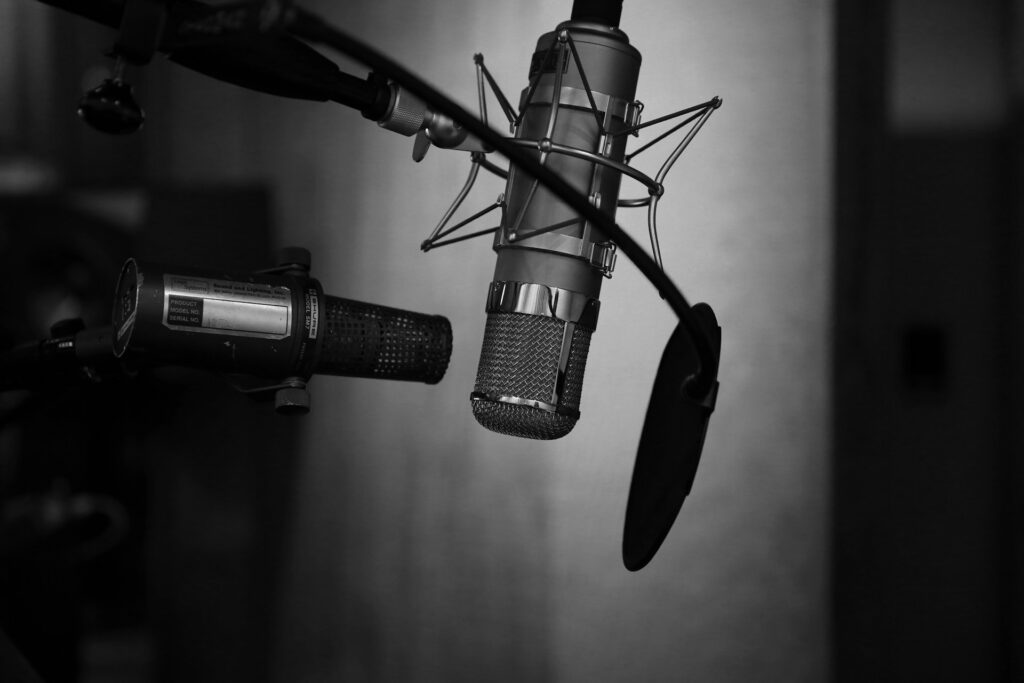It’s February, which always proves to be an…enigmatic…time of year.
Positioned right in the center between the start of winter and the beginning of spring, February is a time of anticipation, yearning and rumination. Valentine’s day — and midterms — loom on the horizon.
However, beyond these trivialities, February is also a time of remebrance. Black History Month, a time dedicated to honoring black excellence and elevating black voices.

The alternative music scene is, to put it plainly, quite white. While artists of color certainly exist, they often don’t receive the recognition or platforms they deserve.
My goal this month is to shine a light upon black influence in the alternative music scene and use this platform to explore the stories of several black artists.
Today, we’ll be focusing on Tobi O’Kandi of the goth rock band O. Children.
Bono Must Die
Before solidifying himself as the lead of O. Children, Tobi O’Kandi was the frontman of a controversial band, one I’d never heard of until I started doing research for this post.
Bono Must Die, as O’Kandi stated in an interview with Soundsphere back in 2010, was largely a joke.

Affecting a Cockney accent and singing satire about Satanism, money, sex and night buses, O’Kandi and his crew grew a following significant enough that the band toured twice alongside Florence + The Machine, Crystal Castles and numerous other topsters.
One lawsuit (from U2’s Bono himself) and a name change later, Bono Must Die finally died. After three years of activity, O’Kandi was bored. He wanted to try his hand at forming a “proper” band.
O. Children
O. Children, named after the Nick Cave song, formed in 2008. Consisting of O’Kandi, Andi Sleath, Gauthier Ajarrista and Harry James, O. Children drew inspiration from pivotal bands of the 80’s.
The band cites Joy Division, the Sisters of Mercy, Fields of the Nephilim and — of course — Nick Cave and the Bad Seeds as their primary stylistic influences.
The band’s reverence for Cave didn’t end simply with their name. As they stated in an interview with Loud and Quiet back in 2009, their goal wasn’t simply to emulate, but to embody.
“We’re gonna be the guys that take over Nick Cave and dance on his grave, his Children. O. Children,” O’Kandi said.

When discussing his aims for the band, he stated, “We want to work on something we feel we can give our heart and soul to and it turns out it’s this. What we’re saying is that in two months… we’re going to blow you away.”
In 2010, O. Children released their self-titled debut album, which features some of their most iconic tracks, such as “Dead Disco Dancer” and “Ruins.”
With clear elements of gothic rock, post-punk and a dash of pop, the band’s energy is melancholy but riveting. Full of motion and emotion and emulating the borderline-western-borderline-opera style of Nick Cave, the album is beautifully done.
There’s an interesting parallel between the works of Nick Cave and O’Kandi. Both artists started with an experimental, distorted sound — Cave with The Birthday Party and O’Kandi with Bono Must Die — before transitioning to something smoother and more restrained.
O. Children released its sophomore album, “Apnea,” in 2012, followed by three singles, “PT Cruiser,” “Chimera,” and “Yours For You.“
Okandi
After O. Children eventually ceased its activity, O’Kandi was left desiring another creative outlet. In 2019, he launched his solo project, Okandi, with the release of “Devil I Know.”

Since, he’s released three more singles. The most recent, “God Save The Fake,” came out in 2022.
Okandi’s sound is more experimental than O. Children’s, foregoing the former band’s rocking style for a staunch darkwave/electro slant.

